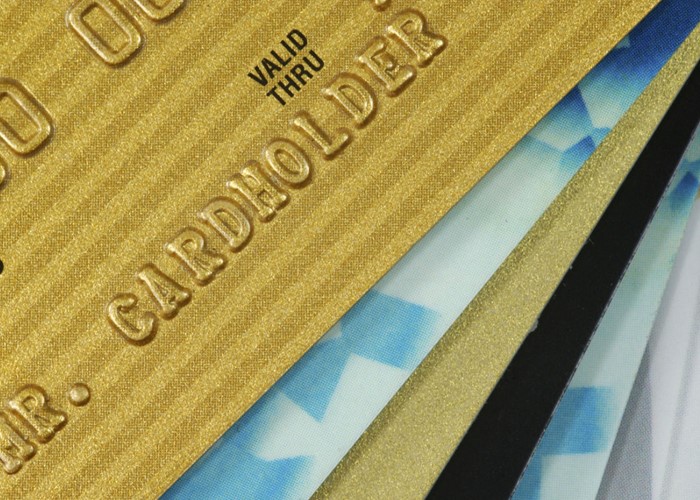Cheapest way to demolish credit card debt

Fancy a break from interest charges on your credit card debt? These cards offer lengthy 0% periods with tiny transfer fees.
If you’ve got credit card debt, one way to save some money is to move it onto a 0% balance transfer credit card.
As the name suggests, these give you a period free from interest on the debt, meaning you can pay the debt off in manageable chunks without having to spend anything on interest charges. All you’ll have to do is pay a percentage of the debt as a fee when you transfer the balance over.
If you have a lot of debt and it will take you a long while to pay it off, you can get cards which won’t charge interest for as much as 28 months. However, these charge the largest transfer fees.
But if you can clear that debt a bit quicker, you can pay fees of less than 1% of the balance you’re transferring!
The best low fee cards
The smallest balance transfer rate around comes from Lloyds with its Platinum 15-Month Balance Transfer Credit Card, which boasts a paltry fee of just 0.8%. And it offers a pretty significant 0% period to boot, at 15 months on both balance transfers and credit cards.
Transfer £1,000 onto the card and it will cost you just £9 as a transfer fee. You’ll only need to shell out £67 a month to clear the debt before the 0% period comes to an end.
NatWest and Royal Bank of Scotland each offer the Platinum Purchase and Balance Transfer Credit Cards, which boast the same 0% period but have a slightly higher fee at 0.9%. Tesco Bank’s Clubcard Credit Card with Low Balance Transfer Fee also charges a 0.9% fee, but comes with a smaller 0% period of 12 months. As a result, you would need to pay £84 a month in order to clear the debt ahead of facing interest charges.
There are a number of credit cards charging a 1% balance transfer fee, including the Halifax All in One Online MasterCard. On a £1,000 transfer, you would pay a fee of £10 and need to make monthly payments of a little over £67 to clear the debt before interest begins being charged.
A slightly bigger fee
You can get a two-year 0% period with a small fee too. The Platinum 24-Month MasterCards from Bank of Scotland and Lloyds TSB each offer 24 months free from interest, with a fee of just 1.5%. So if you transfer £1,000, you’ll pay a fee of £15 and will need to pay just £42 a month to clear it before you start paying interest.
However, it’s worth noting that you’ll actually have to pay a 3% fee at first – half of it is then refunded to you. In addition, if you’re accepted but your credit record is not spotless, you may be offered a smaller 0% period of 21 or 18 months, with the full 3% transfer fee.
Balance transfer best practice
Try to ensure you pay off the debt before the 0% period comes to an end. Otherwise you will start being charged interest, or face shopping around for another 0% card to move the outstanding balance on to.
And ensure that you make at least the minimum payment on time each month. Otherwise the lender is well within their rights to ditch the 0% offer altogether.
More on credit cards:
The best credit cards to use on your travels
The best cashback credit cards
The best 0% purchase credit cards
Credit card small print traps to avoid
The lenders who won't damage your credit score
Comments
Be the first to comment
Do you want to comment on this article? You need to be signed in for this feature